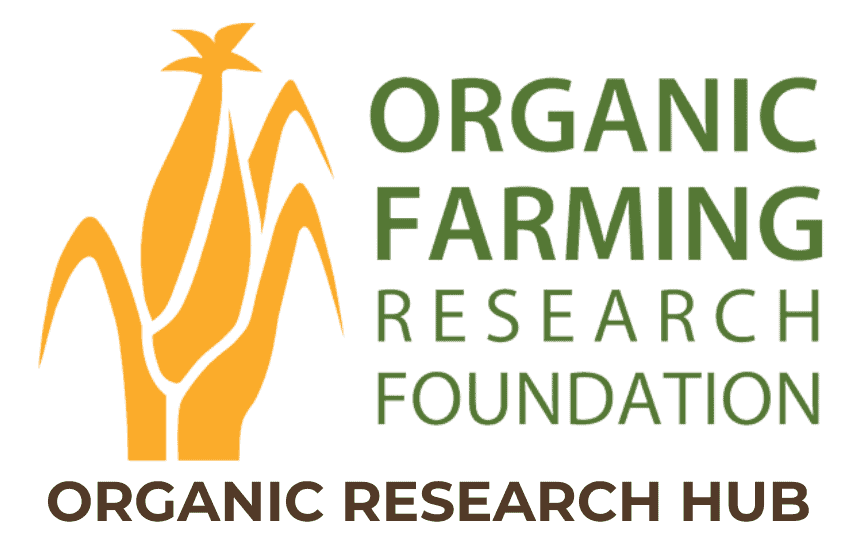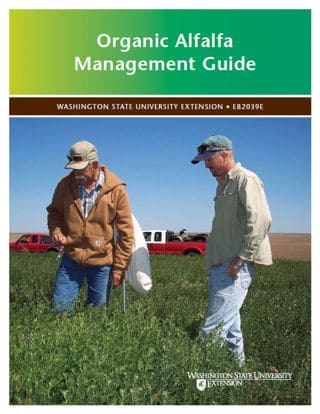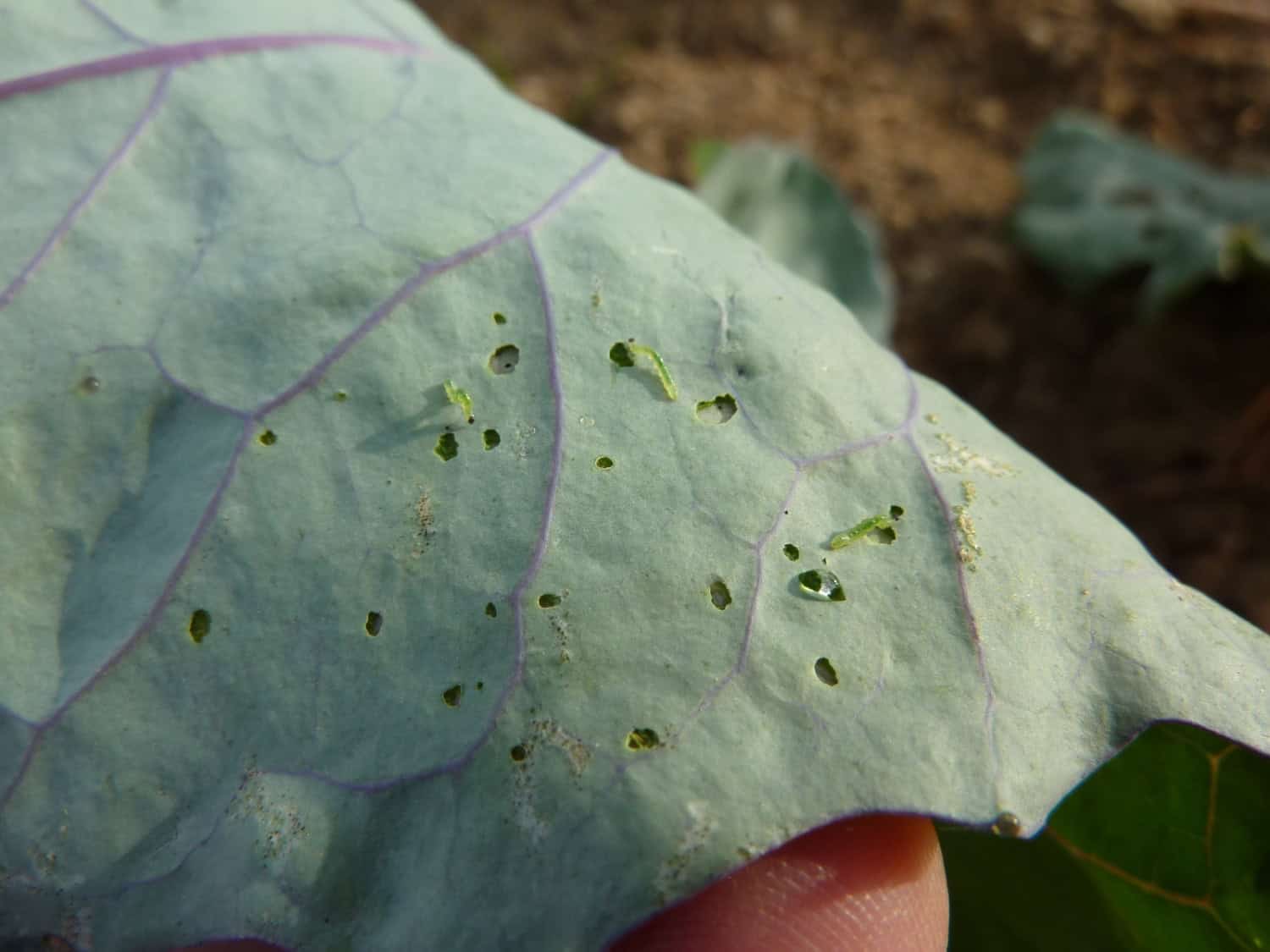Tomato Organic Management and Improvement Project (TOMI): Part II
Project Director: Lori Hoagland, Purdue University
Project overview
Fresh organic tomatoes fetch high market prices, especially heirloom varieties that offer superior flavor and unique color patterns. However, a diverse and virulent complex of fungal, watermold, and bacterial pathogens threaten organic tomato production. Ongoing efforts to develop improved tomato varieties for organic producers have made significant progress toward new varieties that demonstrate stable, multi-gene resistance to several pathogens while retaining good flavor.
The Tomato Organic Management and Improvement Project (TOMI): Part II, led by Dr. Lori Hoagland of Purdue University builds on previous research (TOMI: Part I), which found that soil and root microbiomes play a substantial role in mediating crop disease resistance. The biological soil community interacts with the roots and can help provide a plant-wide (systemic) disease resistance against a wide range of pathogens.

Farmer takeaways
- There are several microbial-based fungicides for organic tomato disease management. A complete listing can be found at https://eorganic.org/node/35737.
- Organic amendments, such as leaf mold compost, can enhance populations of indigenous disease-suppressive soil microbes and improve efficacy of applied microbial biofungicides.
- University breeders have identified and integrated new genetic sources of disease resistance in tomato.
- Several advanced breeding lines show promise for the West coastal region, with high yield, good flavor, and disease resistance–research is ongoing!
Project objectives and approach
The main objective of the project is to integrate three approaches that would help organic growers produce disease resistant tomatoes with exceptional flavor for the local marketplace:
Biological Control of Pathogens
Investigate the efficacy of biological controls for various fungal pathogens in tomatoes. Identify soil properties, management practices, and organic amendments that promote disease-suppressive soils and enhance the efficacy of applied fungicides.
Induced Systemic Resistance
Identify beneficial plant-microbial relationships that help induce systemic resistance (ISR) in tomatoes, and incorporate these traits into breeding lines that will be used to develop new varieties.
Variety Development
Develop varieties with stable disease resistance and excellent flavor using a farmer-participatory approach. Selections will be made from breeding populations grown in trials across the US, in collaboration with growers. This will be supported by analysis of breeding lines to verify stability of disease resistance and assess regional adaptation.
Key findings
Biological Control of Pathogens
- There are several microbial-based fungicides for organic tomato disease management. A complete listing can be found at https://eorganic.org/node/35737.
- Organic amendments, such as leaf mold compost, can enhance populations of indigenous disease-suppressive soil microbes and improve efficacy of applied microbial biofungicides.
- Using microbial biofungicides may reduce the need for copper in organic tomato production, directly benefiting soil health and water quality.
Induced Systemic Resistance
- Some tomatoes possess genes that help them generate a plant-wide resistance to harmful pathogens (ISR).
- Roots of ISR-responsive lines release substances that signal and host beneficial microbes.
- Transferring the genes for robust ISR response into new varieties would add yet another potent mechanism for resilience to multiple pathogens.
Variety Development
- University breeders have identified and integrated new genetic sources of disease resistance and provided improved lines for farmer-breeders to work with.
- Several advanced breeding lines show promise for the West coastal region, with high yield, good flavor, and disease resistance. Research is ongoing.
Resources
eOrganic - Project Website
Read MoreeOrganic Article - Egel et al., 2023. Efficacy of selected fungicides listed for organic production for tomato disease management
Read MoreJournal Article - Richardville et al., 2022. Leaf mold compost reduces waste, improves soil and microbial properties, and increases tomato productivity. Urban Agriculture and Regional Food Systems.
Read MoreUSDA - Project Report - OREI 2019-51300-30245
Read MoreLocation
IndianaCollaborators
Daniel Egel, Purdue University
Pankaj Jaiswal, Oregon State University
Micaela Colley, Organic Seed Alliance
Jared Zystro, Organic Seed Alliance
Laurie McKenzie, Organic Seed Alliance
Sanjun Gu, Virginia State University
Jeanine Davis, North Carolina State University
Julie Dawson, University of Wisconsin-Madison
James Myers, University of Oregon
Region
North Central, Northeast, Southern, Western
Topic
Disease Management, Cropping Systems, Plant Breeding, Varieties, and Seeds
Category
Vegetables/Fruits
Year Published
2023



